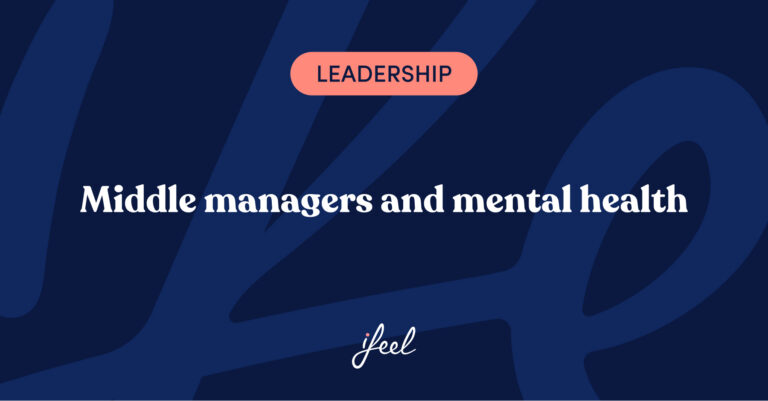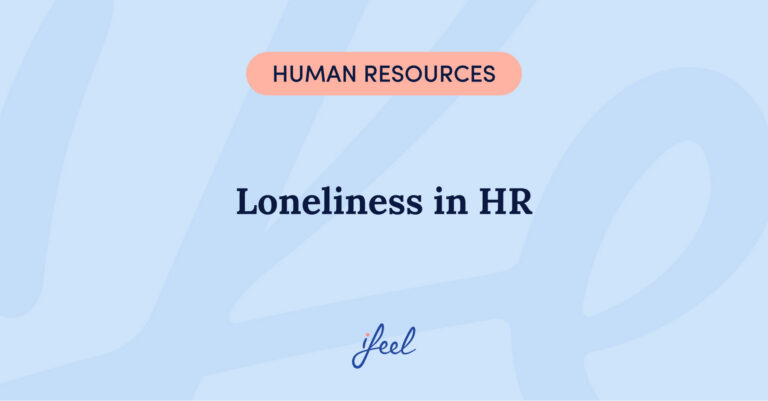Emotional intelligence in the workplace encompasses a set of skills and abilities related to the general spectrum of intelligence that we can apply in our work environment or, in general, in our professional life. This refers to aspects that go beyond our current tasks and the company in which we currently develop them, including more critical aspects such as, for example, our professional development or our professional reputation.
How important is emotional intelligence in the workplace?
The work environment is one in which numerous conflictive situations may arise, requiring not only technical skills and knowledge (hard skills) to be solved successfully but also certain subjective expertise (soft skills).
This is where emotional intelligence in the workplace becomes important. The success of individuals and, therefore, the success of teams and of the company as a whole is highly influenced by purely psychological issues, which we normally include in the field of social skills but which, as we have said, represent a valuable asset in terms of emotional intelligence in the workplace.

Learning to be more intelligent emotionally
Emotional intelligence in the workplace is something that companies value employees to bring to the table but also something that should be encouraged and nurtured. Regardless of the “emotional talent” with which we come into the world, our abilities to manage, interpret and experience our own and others’ emotions are also very much subject to learning.
Indeed, some people are particularly gifted at communicating with others, connecting positively, gaining the respect and trust of other individuals, and inspiring and leading by constructive example, empathy, and “people skills“.
It is also true that there are people who lack such skills. They are clumsy when “reading” others and have serious difficulties in understanding and controlling their own emotions.
However, human beings are not robots or statues, not in our professional lives and not when we are in the office: we all have a certain emotional intelligence and all of us, as employees, have a minimum capacity to show emotional intelligence in the workplace.
What is emotional intelligence in the workplace?
1. Knowledge of our own emotions
This implies having the capacity for introspection. That is, knowing how to look inside and perceive what is happening to us: what we feel, what we think, what we think and feel about it, what it is called, what it is due to, and what is the best decision we can make about it at any given moment.
2. Ability to control our emotions properly
Emotional intelligence in general and, of course, emotional intelligence in the workplace does not only imply being aware of our emotions but also have a certain margin of influence over them to adapt them to what is most appropriate at each moment. The opposite would be to be dominated by them, in a permanent risk of excess that can cause us considerable harm.
3. Ability to sense others’ emotions
We usually use the expression “reading others” to refer to our ability to detect the inner world of the people around us. This means that, to a certain extent, we can track their emotions, the tone of their favorable or unfavorable opinions about an issue, noticing both positive and negative changes in their mood, even if we do not yet know the content behind it.
4. Ability to respond (well) to others’ emotions
It is about responding in an effective and coherent manner. This has to do with communication skills: listening to the other person, showing them that we are aware of what they are saying and also how they feel (i.e. sharing with them that we can perceive their inner state), finding the right words, with the right tone and delivered at the right time.
How to act with emotional intelligence in the workplace
Emotional intelligence in the workplace can have very different characteristics depending on the person, the situation, or the moment. However, in general, it is a set of skills that is reflected, among others, in the following aspects:
1. The decisions we make and how we communicate and execute them.
2. The relationships we establish with our teammates, our managers, and, if we have them, with our subordinates.
3. The way we interpret the feedback we receive.
4. The way we interpret the assignments we are given and the results we get.
5. The way we interpret the dynamics and events that happen around us.
That is to say, analyzing situations and reaching conclusions about them as a previous step to act is fundamental when discussing emotional intelligence in the workplace.

Improving emotional well-being in companies
At ifeel, we are committed to improving employee and company well-being. That is why we strive to help them in the challenge of generating stimulating and healthy work environments for their employees.
For this purpose, our psychologists have created an emotional well-being program for companies. Through this collaboration, your company’s HR managers will be able to receive personalized, data-driven advice on how to improve their teams’ psychological well-being. In addition, this program provides employees with a complete mental health care service structured at different levels according to their needs. Try our program now to see how it can help you.
Visit our Resources section, where you will find podcasts, guides for Human Resources, or interviews with leading HR professionals. In addition, you will have access to a Psychosocial Risk Factors Template, which will help you comply with the Labor Inspection requirements.
We hope this post about emotional intelligence in the workplace has given you some good ideas to make it easier for you to fulfill your tasks. Contact us to learn more about our emotional well-being program for companies works.











